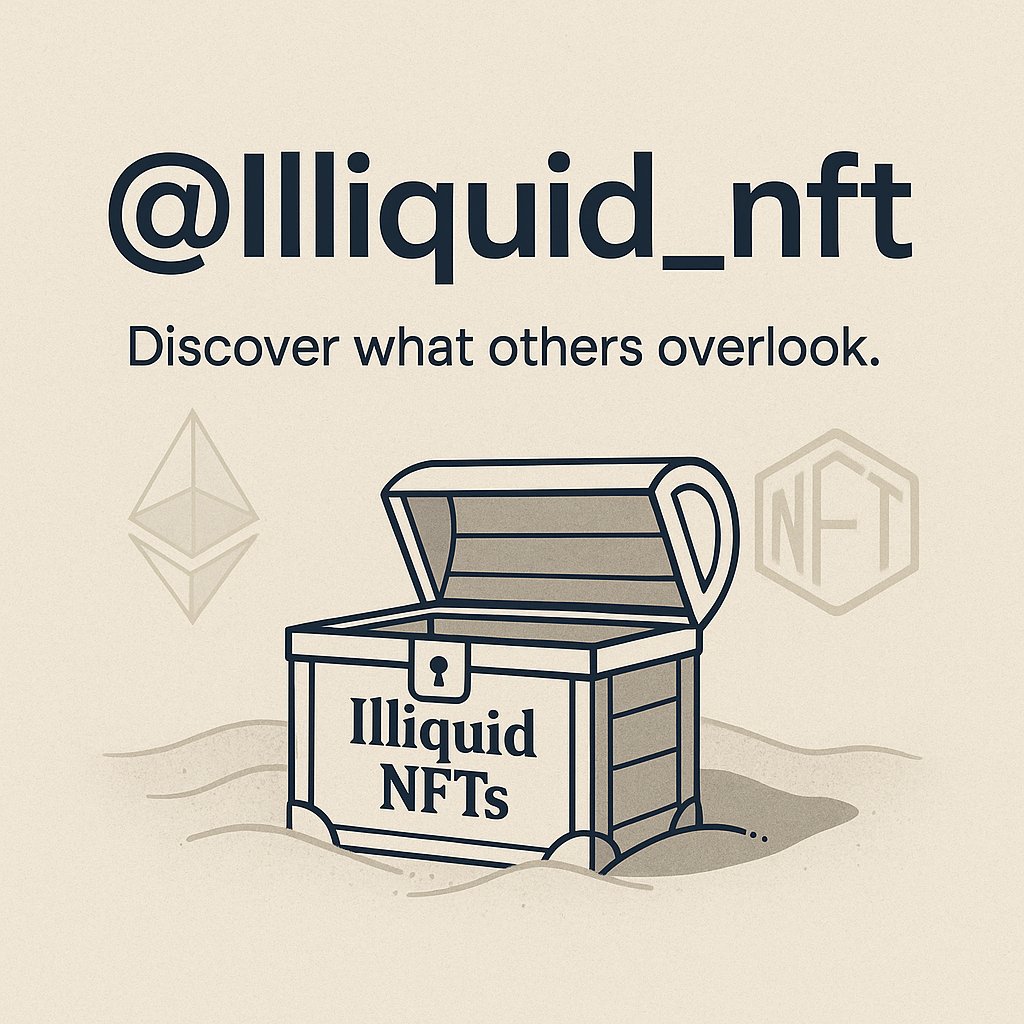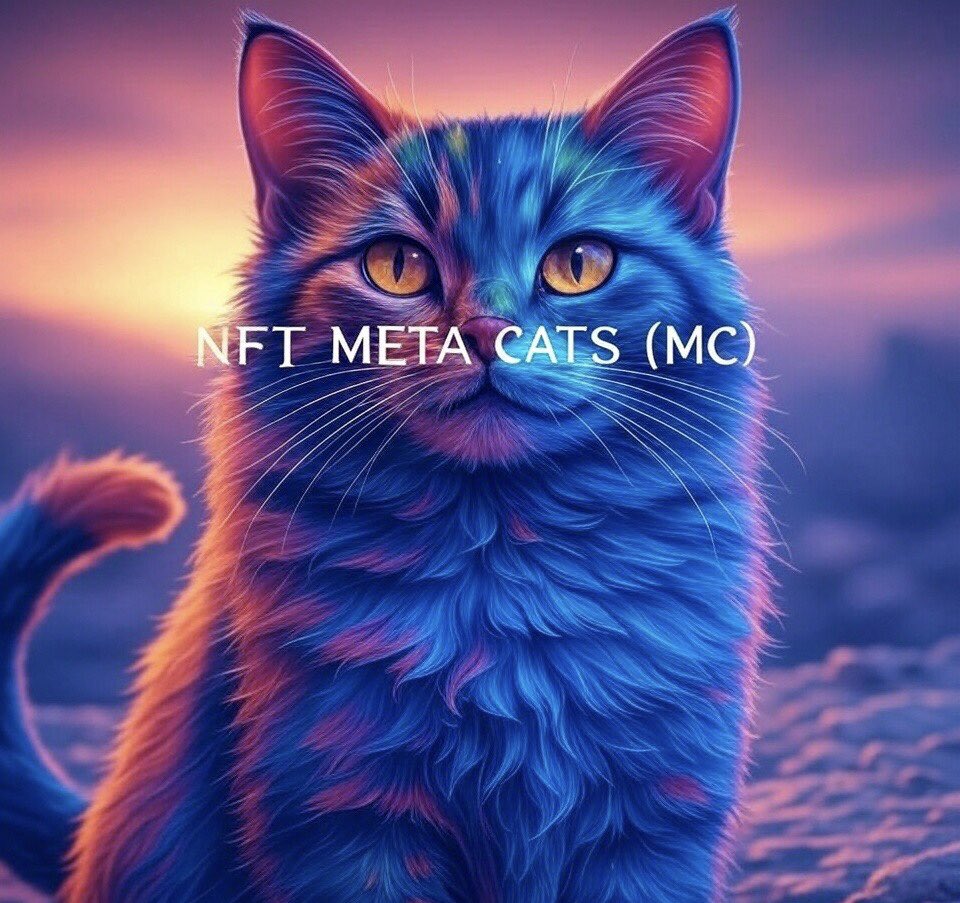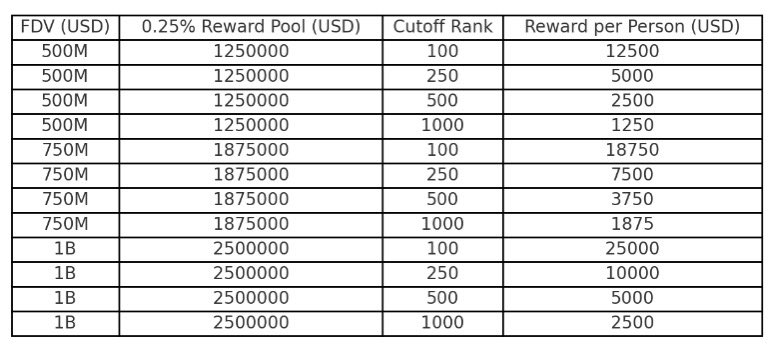Exploring the Transformative Role of AI in Web3 and Financial Markets
Captivating the Future: Why AI Matters Now
Artificial intelligence (AI) has quietly evolved from a futuristic concept into an integral pillar underpinning some of the most dynamic innovations in both Web3 and financial markets. As we navigate the crossroads of technology and finance, AI’s role is no longer confined to automation or data processing—it now acts as a catalyst for new possibilities, shaping how communities interact, investments flow, and insights emerge. Understanding AI’s multifaceted impact, especially within the rapidly maturing Web3 ecosystem and complex financial markets, is essential for anyone seeking an edge in this transformative era.
AI in Financial Markets: Precision Beyond Human Limits
At the heart of modern financial markets lies an ocean of data—tick-by-tick price movements, geopolitical news, market sentiment waves, and economic indicators. Humans alone cannot parse this vast input quickly or consistently enough to exploit fleeting opportunities or manage risks effectively. Here, AI steps in, armed with machine learning models, natural language processing (NLP), and predictive analytics to decode patterns and signals invisible to human analysts.
For example, AI-driven trading algorithms analyze historical price data and real-time news feeds to forecast market moves, balancing probable outcomes with uncertainty. This is particularly valuable in volatile markets such as crude oil, where geopolitical tensions (e.g., US-China negotiations) suddenly swing sentiment and prices. AI models can incorporate such external factors and adapt trading strategies on the fly, as seen in technical breakout predictions that blend traditional chart analysis with global event monitoring.
Furthermore, AI enables personalized financial advice tailored to individual risk appetites, investment goals, and market conditions—all delivered in real time. This democratization of sophisticated analysis is reshaping retail investing, allowing participants to compete on grounds once exclusive to large institutions.
Enhancing Web3’s Promise Through Intelligent Automation
Web3, with its decentralized foundations, is fertile ground for AI to enhance autonomy, interactivity, and governance. Smart contracts—self-executing code on blockchains—can be augmented with AI to become context-aware and capable of dynamic responses. For instance, oracles, which feed real-world data into smart contracts, benefit immensely from AI by filtering noise, validating sources, and predicting future data points to inform contract behavior proactively.
In gaming sectors within Web3, AI-powered oracles provide predictive insights that allow in-game environments to react not just to current data but anticipated developments. This creates richer, more immersive experiences where strategies evolve in tandem with real-world trends, increasing player engagement and economic complexity.
NFTs, beyond mere digital collectibles, are also evolving through AI integration. Intelligent NFTs might alter their attributes or unlock benefits based on user behavior, market conditions, or external datasets, effectively bridging virtual and real-world utility. AI facilitates these adaptive experiences, creating exciting community-driven value beyond speculation.
Learning, Collaboration, and AI: The New Ecosystem Triad
Education and community engagement are pillars supporting Web3 and financial literacy’s growth. AI plays a dual role here: first, as a personalized tutor offering customized learning paths that cater to each individual’s pace and style; second, as a community enhancer that identifies trending topics, sentiment shifts, and potential risks by analyzing social media, forums, and communication channels.
Boot camps for crypto trading and blockchain development benefit tremendously from AI-driven curriculum optimization and interactive Q&A bots, ensuring that new entrants are not overwhelmed but empowered. Real-time trading signals and market forecasts powered by AI in VIP groups demonstrate how collaboration and expertise-sharing are amplified by intelligent technology integration.
Challenges and Ethical Considerations
While AI’s promise is extensive, its deployment in Web3 and financial markets raises important concerns. Models trained on biased or incomplete data can generate misleading predictions, exacerbating market risks or reinforcing inequities. The decentralized ethos of Web3 also challenges traditional centralized AI governance, emphasizing the need for transparent, auditable, and community-controlled AI systems.
Security is another critical issue; AI-driven automation introduces novel attack surfaces that adversaries might exploit. Balancing AI’s power with robust, resilient infrastructure and ethical guidelines is paramount as the technology embeds deeper into our financial and digital ecosystems.
Conclusion: AI as the Keystone of the New Digital Economy
Artificial intelligence is swiftly becoming the backbone of innovation in both Web3 and financial markets, transforming how data is interpreted, decisions are made, and value is created. By marrying AI’s analytical prowess with blockchain’s trust and transparency, we are witnessing the emergence of ecosystems that are not only more efficient but also more inclusive and adaptive.
For investors, developers, and community participants, embracing AI means unlocking new frontiers of opportunity—powered by predictive insights, intelligent automation, and personalized education. As this convergence accelerates, the future looks less like dispersed technological experiments and more like an integrated digital economy where AI is the keystone enabling seamless interaction between finance and Web3 innovation.
—
Sources for Further Reading
– How AI is Changing Financial Markets and Trading
– Integrating AI with Web3 and Blockchain Technology
– The Role of Oracles and AI in Smart Contract Development
– Personalized Learning with AI in Crypto Education
– Challenges of AI Ethics in Decentralized Systems
Each article provides a deeper understanding of the nuanced relationship between AI, Web3, and financial markets in this evolving landscape.





